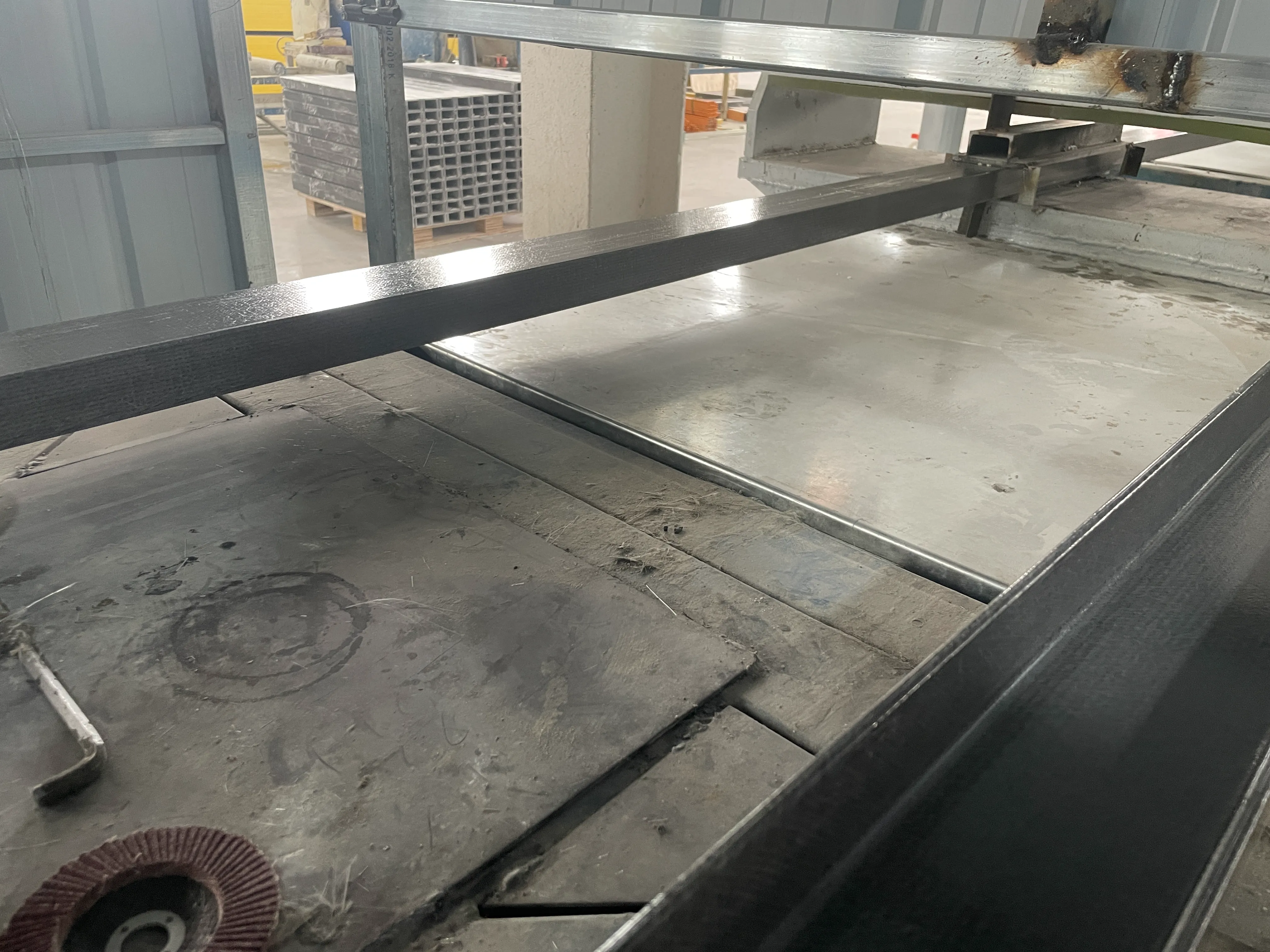loading...
- No. 9, Xingyuan South Street, Dongwaihuan Road, Zaoqiang County, Hengshui, Hebei, China
- admin@zjcomposites.com
- +86 15097380338
- Welcome to visit our website!
Exploring the Design and Applications of FRP Vessels in Modern Industries
Understanding Reinforced Plastic Vessels in the Context of FRP Technology
Fiber-Reinforced Plastic (FRP) vessels represent a significant advancement in material science and engineering, providing a modern solution for various industrial applications. They are increasingly replacing traditional materials like metal and concrete in numerous scenarios due to their superior properties, lightweight nature, and corrosion resistance. This article delves into the fundamentals of FRP vessels, their advantages, applications, and considerations in design and use.
What are FRP Vessels?
FRP vessels are structures made from a combination of polymer resins reinforced with fibers, usually glass, carbon, or aramid. The fibers provide tensile strength, while the resin offers a shape-retaining matrix. When combined, these materials yield a lightweight but incredibly durable product that can withstand harsh environments and heavy loads, making them particularly useful in a wide array of industries, including chemical processing, oil and gas, and water treatment.
Advantages of FRP Vessels
1. Corrosion Resistance One of the most notable benefits of FRP vessels is their resistance to corrosion. Traditional materials like metals are susceptible to rust and degradation when exposed to chemicals or corrosive environments. In contrast, FRP can withstand a variety of harsh chemicals without deteriorating, making them ideal for the storage and transport of corrosive substances.
2. Lightweight FRP vessels are significantly lighter than their metal counterparts. This aspect not only facilitates easier handling and installation but also reduces transportation costs. The lightweight nature of FRP makes it an attractive option for industries where weight is a critical factor.
3. High Strength-to-Weight Ratio While being lightweight, FRP vessels retain a high strength-to-weight ratio. They are designed to bear heavy loads and can be utilized in applications that require structural integrity without the burden of excessive weight.
4. Design Flexibility The manufacturing process for FRP allows for greater design flexibility. Engineers and designers can mold and shape these vessels into various forms to meet specific needs, further enhancing their applicability in diverse installations.
5. Thermal Insulation FRP possesses excellent thermal insulation properties. This makes it suitable for operations that require temperature control, such as maintaining the temperature of liquids during transport or storage.
Applications of FRP Vessels
FRP vessels are employed across many sectors due to their versatile properties
ro frp vessel

- Chemical Storage and Processing In chemical plants, FRP vessels are commonly used for the storage of aggressive chemicals that would otherwise react with metal containers.
- Water Treatment FRP is widely utilized in water treatment facilities for tanks and piping, where high corrosion resistance and low maintenance costs are paramount.
- Oil and Gas The oil and gas sector utilizes FRP vessels for storage and transportation due to their ability to withstand extreme operating conditions while maintaining structural integrity.
- Aerospace and Automotive Industries In these sectors, weight savings can lead to higher efficiency. FRP’s lightweight characteristics make it a preferred choice in applications such as fuel tanks and other structural components.
Considerations in Design and Use
While FRP vessels bring numerous advantages, there are essential considerations to ensure they perform effectively
1. Material Selection The choice of reinforcement material (e.g., glass or carbon fibers) and resin system (e.g., polyester or epoxy) must be tailored to the specific application, taking into account the operating environment and potential chemical exposures.
2. Quality Control Manufacturing defects in FRP vessels can lead to catastrophic failures. Therefore, stringent quality control during production is critical to ensure the integrity of the final product.
3. Regulatory Compliance Industries often have specific regulations governing material use, especially concerning safety and environmental impact. It’s vital to ensure that FRP vessels meet all relevant standards and certifications.
4. Lifecycle Considerations While FRP vessels are highly durable, consideration of their lifecycle—notably disposal and recycling options—should also be part of the planning process.
Conclusion
FRP vessels are revolutionizing how industries store and transport various substances. With their unique properties and wide range of applications, they provide a reliable alternative to traditional materials. As technology advances, it is expected that the use of FRP will continue to expand, presenting new solutions to meet the demands of modern industry while offering enhanced performance, safety, and sustainability.
-
The Rise of FRP Profiles: Strong, Lightweight, and Built to LastNewsJul.14,2025
-
SMC Panel Tanks: A Modern Water Storage Solution for All EnvironmentsNewsJul.14,2025
-
GRP Grating: A Modern Solution for Safe and Durable Access SystemsNewsJul.14,2025
-
Galvanized Steel Water Tanks: Durable, Reliable, and Ready for UseNewsJul.14,2025
-
FRP Mini Mesh Grating: The Safer, Smarter Flooring SolutionNewsJul.14,2025
-
Exploring FRP Vessels: Durable Solutions for Modern Fluid HandlingNewsJul.14,2025
-
GRP Structures: The Future of Lightweight, High-Performance EngineeringNewsJun.20,2025
